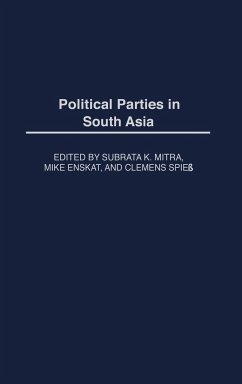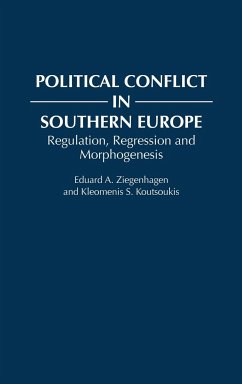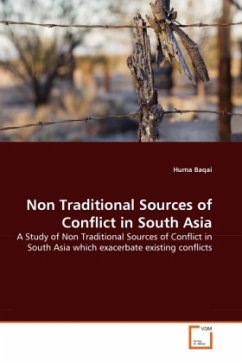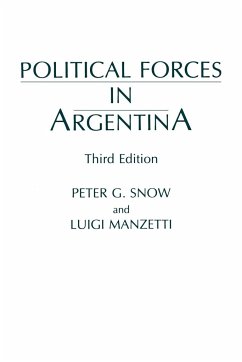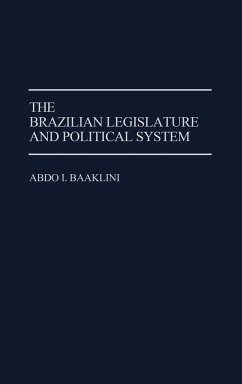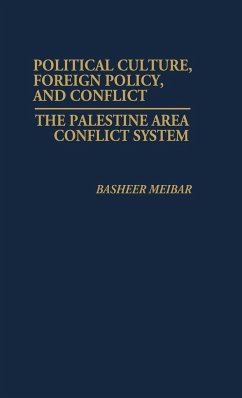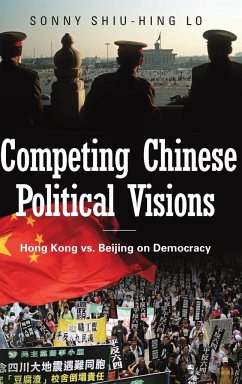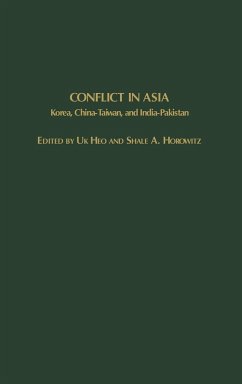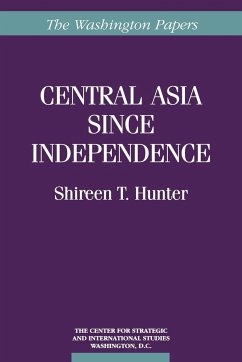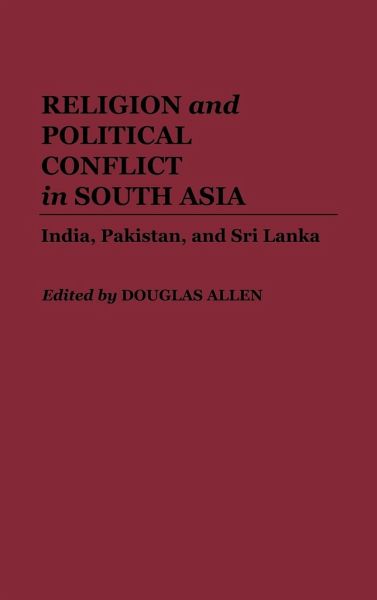
Religion and Political Conflict in South Asia
India, Pakistan, and Sri Lanka
Herausgeber: Allen, Douglas
Versandkostenfrei!
Versandfertig in 1-2 Wochen
87,99 €
inkl. MwSt.

PAYBACK Punkte
44 °P sammeln!
One of the most dramatic and surprising developments of the last twenty years was the proliferation of aggressive political movements linked to religion. This book examines the interplay of religion and politics in predominantly Hindu India, Islamic Pakistan, and Buddhist Sri Lanka. This collection of studies by internationally known scholars challenges traditional stereotypes and interpretations of South Asian religion and politics and provides a multidisciplinary perspective on contemporary conflicts. While the focus of the work is on Pakistan, India, and Sri Lanka, the arguments advanced by...
One of the most dramatic and surprising developments of the last twenty years was the proliferation of aggressive political movements linked to religion. This book examines the interplay of religion and politics in predominantly Hindu India, Islamic Pakistan, and Buddhist Sri Lanka. This collection of studies by internationally known scholars challenges traditional stereotypes and interpretations of South Asian religion and politics and provides a multidisciplinary perspective on contemporary conflicts. While the focus of the work is on Pakistan, India, and Sri Lanka, the arguments advanced by the authors are useful for understanding recent developments in religion and politics around the world. An informative introduction overviews the link between religion and political conflict in South Asia and offers a framework and synopsis of the chapters that follow. These are grouped into three parts by nationality. The chapters on India examine recent elections and the growth of militant Hinduism, the impact of caste relations on socio-economic conditions, and the problems of Muslims as the largest religious minority in India. The chapters on Pakistan explore how political and economic changes led to the rise of Islamic fundamentalism; the historical relationship among gender, nationalism, and the Islamic state; and the evolution of a capitalist social system in an Islamic nation. The chapters on Sri Lanka explain the role of Buddhist myth in justifying political oppression, the conflict between the ideal of Buddhist pacifism and the reality of political violence, and the impact of race, class, and gender on political conflict. Political scientists, historians, and religion scholars will find this study a timely and valuable addition to their libraries.



